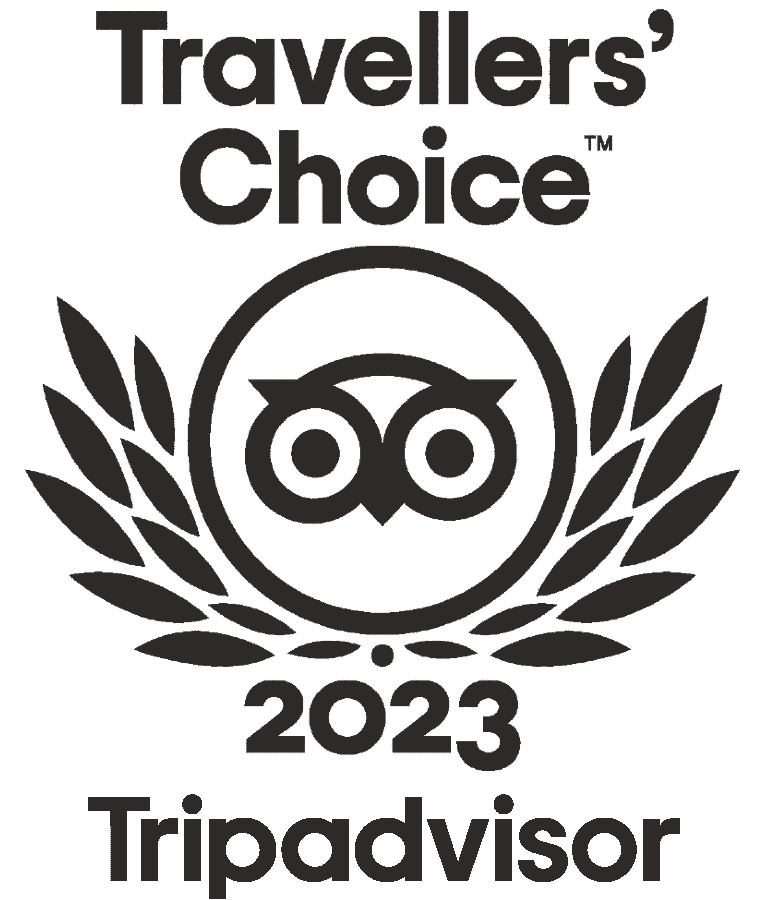Lucia, Leticia & Noelia
Lucia, Leticia, and Noelia are three passionate feminist journalists and activists who aim to spread the word about women's rights to create a fair and equal world. With a background in communication studies, journalism, photography, and social communication, these women bring a wealth of knowledge and experience to their cause. Together, they run a unique self-managed project that offers historical and educational tours through the streets of Buenos Aires. On these tours, you will discover the life and history of some of the most important women in the fight for gender equality, from indigenous fighters to pioneers, suffragettes, and current leaders. With the aim of creating a more inclusive representation of women in public spaces, these tours explore the representation of women and the LGBTQ+ community in the city. You'll visit emblematic places that tell the story of the women's movement and pose important questions about gender equality and representation.
Lucia, Leticia & Noelia's Featured WP Excursions






